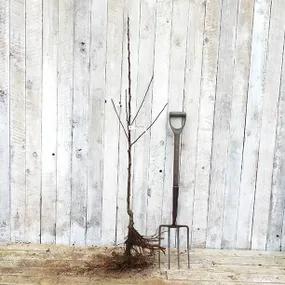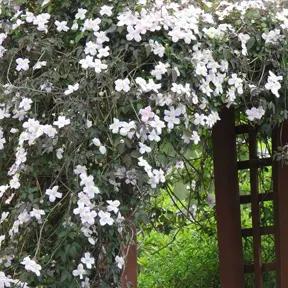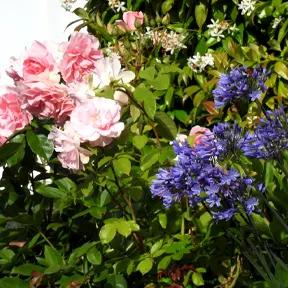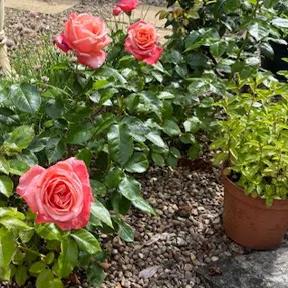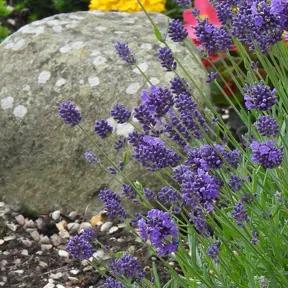Chivers Delight Apple Trees
- Eating: Sweet-sharp crisp, juicy. Older fruit are good for stewing
- Spur bearer (Good for cordons & espaliers)
- Not self fertile
- Pollinator
- Pollination Group D
- Crops in Mid-October. Stores till Jan
Recommended extras
Description
Chivers Delight Apple Trees
Chivers Delight apple trees produce a mid season eating apple. Fruit that have been stored for a while are good for stewing.
Read our guide to buying the right apple tree, browse our full range of apple trees or see the full variety of fruit trees.
Characteristics of Chivers Delight Trees:
- Use: Eating. Crisp and juicy, with a lightly aromatic, sweet-sharp flavour. Very ripe fruit lose their crispness and are better for cooking.
- Spur Bearer: suitable for cordons & espaliers, trained on wires.
- Tree's growth habit: Average vigour. Upright form.
- Harvest: Mid October
- Store & ripen in a cool, dry place: Until January
General description of Chivers Delight:
A red flushed dessert apple with all the key qualities: juicy and crisp, sweet and tangy with a fruity aroma. The red flushed skin is on the waxy side, which helps the apple to store quite well, although the flesh tends to lose its crispness and turn a bit powdery after about 6 weeks - we recommend cooking with these fruit.
Chivers Delight is an upright tree, so it's good for tighter spaces and it's a good, reliable cropper.
Rootstocks:
All of our Chivers Delight trees are grown on MM106 rootstocks.
Pollination Partners for Chivers Delight:
Your trees are self sterile and their flowers must be pollinated to make fruit.
Chivers Delight is in pollination Group D.
This means that they will cross-pollinate with other apple trees in pollination Groups C, D and E.
See our Guide to Apple Tree Pollination for a full list of partners & more tips about pollination.
Chivers Delight Disease notes:
Disease susceptibility: Canker (slight).
History & Parentage:
Mr Stephen Chivers of Cambridgeshire, a member of the family run John Chivers Farms, bred Chivers Delight during the in the1930s. It is grown by a few farmers, but it's mainly a garden variety.
The parents were not recorded, but the experts reckon that Cox's Orange Pippin is probably in there.
In an article for the Guardian in 2000, Monty Don wrote that Chivers Delight are one of his 10 favourite apples (we grow 8 of them).
How Apple Trees are Measured & Delivered:
Our fruit trees are delivered in up to 3 shapes and you can also buy selected apple trees as ready made cordons.
Maiden: This unbranched tree is the smallest starting size. You can train maidens into espaliers and cordons.
Cordon: Chivers Delight trees are spur-bearers, so they can be made into cordons and espaliers.
Bush: This is a style of freestanding tree with a short trunk of about 60cm. It will grow to about 3 metres tall.
Half-Standard: This is a freestanding style that will grow into a full sized, "normal" apple tree, about 4 metres tall.
Planting Instructions
Notes on planting Chivers Delight trees:
All fruit trees like a rich soil with decent drainage, protection from the wind and plenty of sun. Apple trees like clay soil, as long as it is not prone to bad waterlogging.
This tree is not recommended for organic growing, especially in the more humid West and South of Britain, where scab and canker are more common.
Prepare your site before planting:
Improving the soil in advance of planting your apple trees will help them establish quickly and be productive for years to come. After you have destroyed all the weeds and grass, you can dig the soil over. Remove any stones and rubbish and mix in well rotted compost or manure down to the depth of about 2 spades.
You can do this on planting day, but when you do it weeks or months in advance, you will give the soil time to settle again.
Spacing Chivers Delight apple trees:
Freestanding bushes: 12-18 feet (4-6 metres) between trees and rows.
Freestanding half-standards: 18-30 feet (6-10 metres) between trees and rows.
In general, allow 1 more metre between rows than there is between each tree in the row.
Wire-trained cordons can be planted in rows 60-100cms apart.
Espaliers need to be spaced at 10-18 feet (3-6 metres) apart.
Watch our video on how to plant a fruit tree for full instructions on planting a bush or half-standard sized tree.
If you are growing a maiden sized apple tree into a freestanding tree, a bamboo cane is enough support.
If you are growing a cordon or espalier, you will need to install training wires to support them.
Remember to water establishing apple trees during dry weather for at least a year after planting.
Apple Tree Planting Accessories:
For bush and half standard apple trees, our tree planting pack includes a wooden stake & rubber tie to support the tree and a biodegradable mulch mat with pegs, which protects the soil at the base of your tree from drying out and stops weeds from sprouting.
We recommend using mycorrhizal "friendly fungi" on the roots of all new trees, especially if your soil is poorly fertile.
It's Summer Planting Season 2025
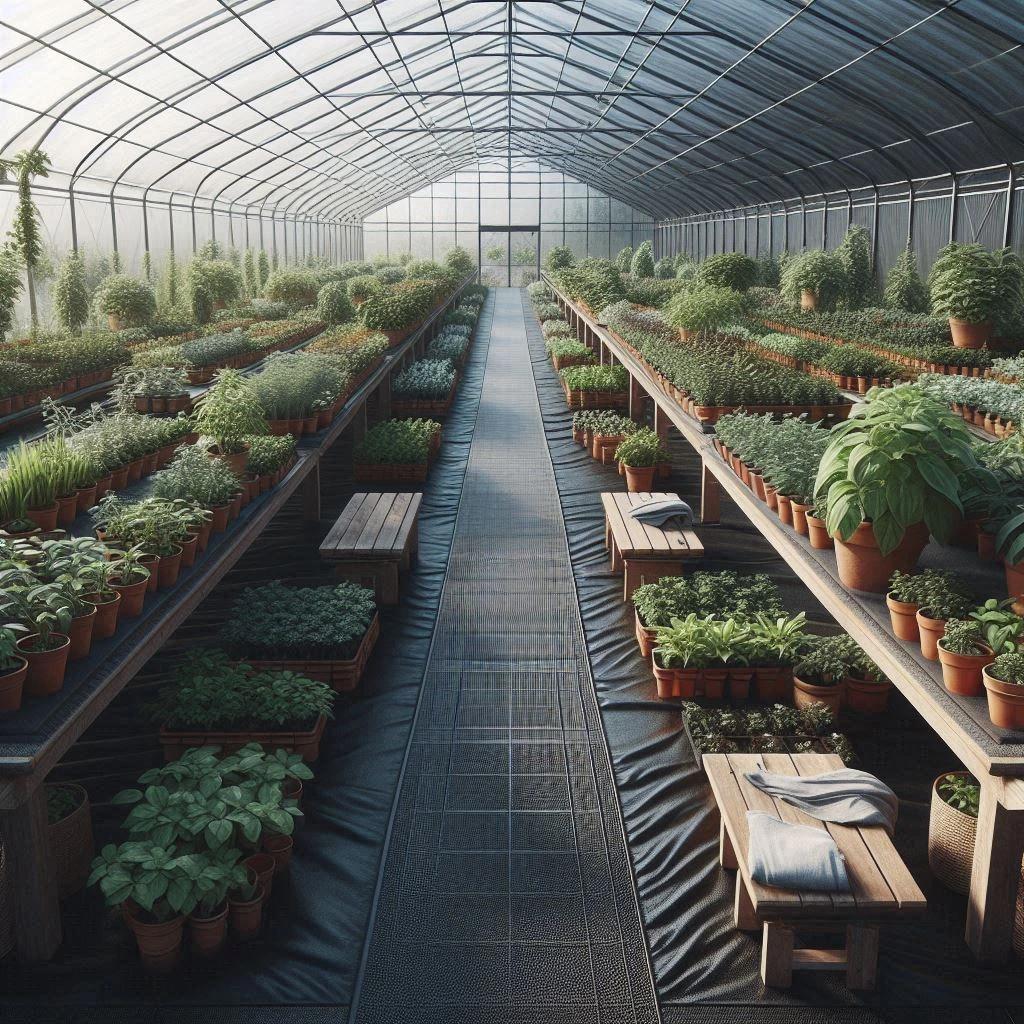
Pot Grown & Plug Plants Delivered
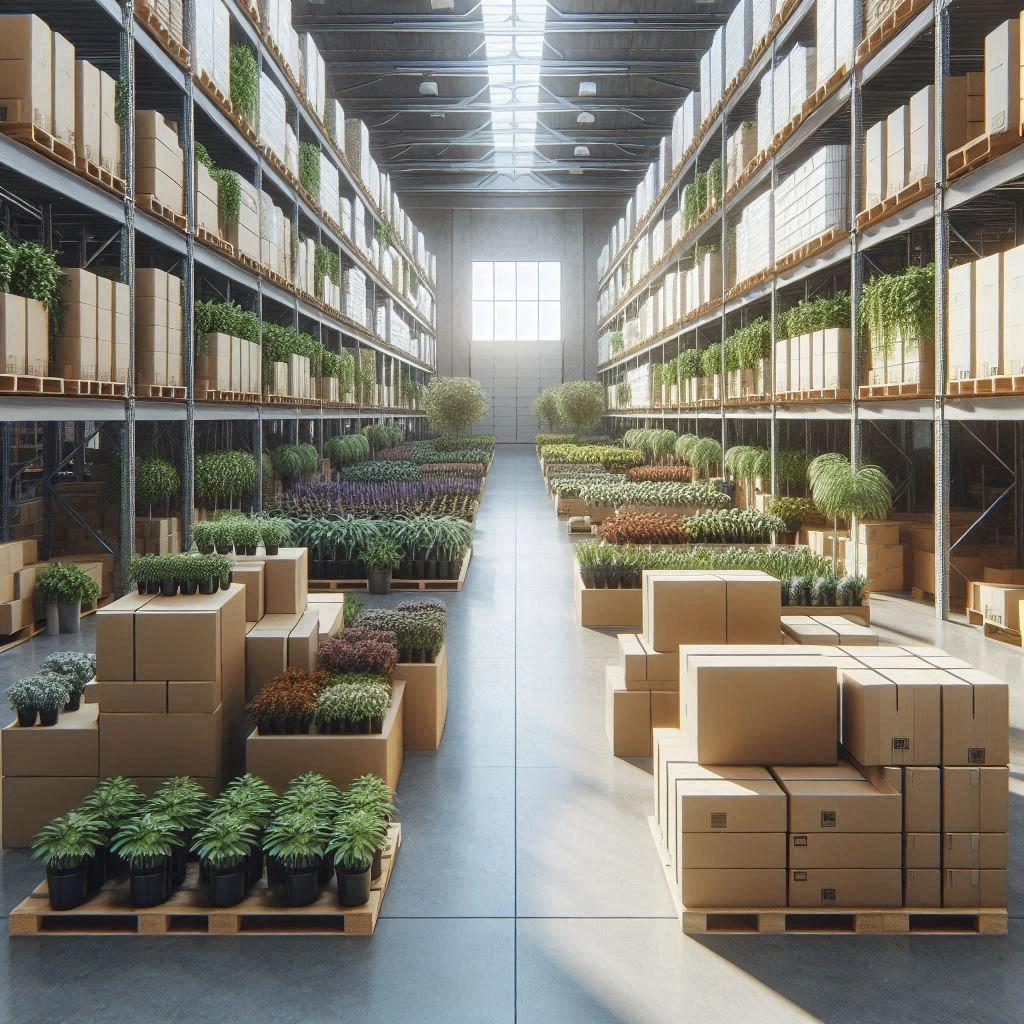
Direct from the Nursery Value

No more broken plants in the post!
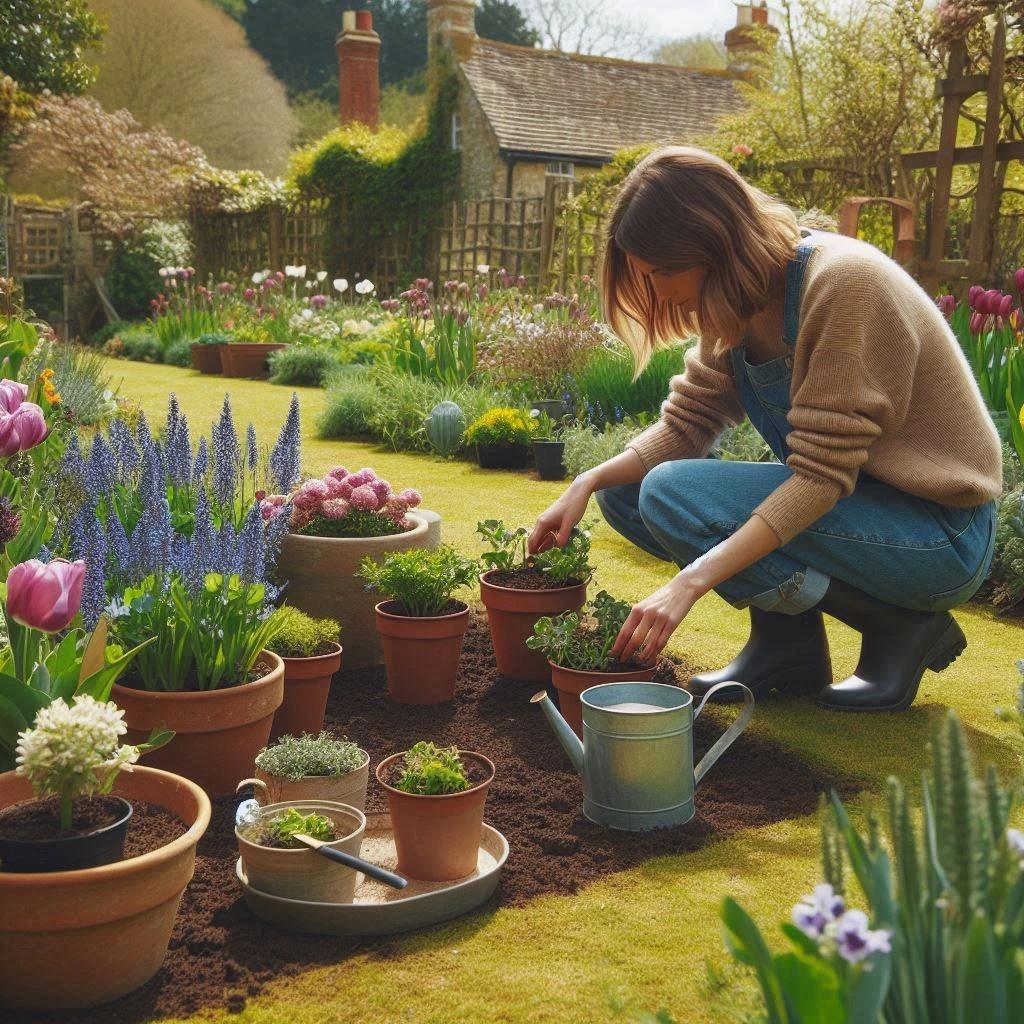

 Img 1.webp)
 Img 1.webp)
 Img 2.webp)
